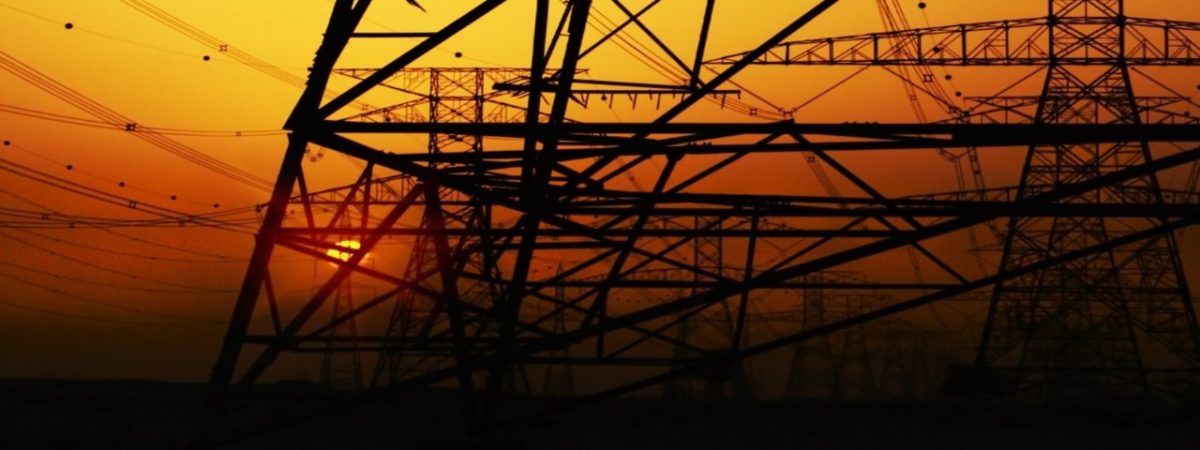It’s (probably) still the economy, stupid!
SUGGESTED



In post-cold war history, the President’s party has gained seats in one or both chambers of Congress in a midterm only three times, 1998, 2002, and 2018. In each of these cases, a strong ‘cultural’ force emerged to counter the ordinary economic and policy issues which tend to dominate midterms: in 1998, it was backlash against President Bill Clinton’s impeachment; in 2002, it was the post-9/11 ‘rally-around-the-flag effect’; and in 2018, it was incumbent Democratic Senators’ inability to win seats in Republican-leaning states like Indiana, Missouri, and North Dakota because of socio-political polarisation.
Coming up to November, there are certainly plenty of those issues to excite and anger the Democratic Party’s base, first and foremost, the Supreme Court’s decision to overturn the constitutional right to abortion in Dobbs v. Jackson Women’s Health Organization. Also lurking in the electoral background is Donald Trump, his role in the January 6th insurrection, and his potential return to the political spotlight.
Over the summer, when the extent of Trump’s involvement in the insurrection was beginning to be uncovered and post-Dobbs fervour was sweeping the Left, there were signs that Democrats could be given a reprieve from the standard midterm ‘shellacking’. A constitutional amendment allowing the state legislature to outlaw most abortions was voted down by almost 20 per cent in deep-red Kansas, Democrats narrowed their national polling deficit, left-leaning voters seemed more enthusiastic, and Team Blue became clear favourites to keep control of the narrowly divided Senate – an upset was on the horizon. With these trends developing, weaker Republican candidates in key races were coming undone, with election deniers running for statewide office in Arizona, Pennsylvania and New Hampshire falling far behind Democratic opponents.
Things have, however, changed in the past month. The cooling labour market, sluggish growth, and the predictable failure of the $391bn Inflation Reduction Act acting to reduce inflation have stalled Democrats’ momentum. President Joe Biden’s approval rating has ticked down to 41% after steadily rising throughout the summer, Democrats are 0.5% behind in nationwide polling (down from a 1% lead on 12 October), and their odds of victory in state and congressional races across the country have declined. It is likely no coincidence that Democratic progress began to stall in mid-October, when a higher-than-expected 8.2% rate of inflation was recorded for September, starkly reminding voters of Biden’s abject failure to get the issue under control.
Given the new Republican momentum, the weakness of Democrats’ campaigning on “Culture War” issues like abortion and Trump is now being exposed. According to Pew Research, the top two priorities for voters are the economy (80%) and crime (61%) and among voters who prioritise these issues, Republicans have the advantage. By contrast, there are fewer voters for whom issues on which Democrats have the edge, like abortion (56%) and Supreme Court appointments (55%), are pressing matters.
While it is undoubtedly true that there are fewer true swing voters in American elections than there were 20 or 30 years ago, that group still hold disproportionate sway in elections, and they put significant weight on economics when voting. Polling of independent voters in swing congressional districts found that this critical group considers addressing inflation to be their top priority and that 95% of them trust Republicans to handle the issue over Democrats.
The core problem for Democrats is not that their issues are unpopular, voters absolutely care about abortion, healthcare, and democratic integrity. Their problem is that votes are not a good way to adequately capture multifaceted preferences. With a few exceptions, they get one vote per candidate per election, and that requires them to order their preferences and reconcile them with one another before they get to the ballot box. Consequently, the fact that a clear and consistent majority of Americans favour access to abortion in the first trimester matters little when many are struggling to put food on the table.
You don’t need to be a political scientist to realise that you have to get the basics right, you have to get the economy growing, you have to get wages rising, and you have to take as many voters as possible with you on the road to accomplishing this. Without those electoral foundations, a candidate or party cannot deliver on the other policy areas they care about, however noble, necessary, or popular.
Democrats know this to be true. If Joe Biden truly cared about protecting abortion rights and unifying the body politic against the illiberal forces of Trumpism, he would have avoided trying to spend like Franklin D. Roosevelt, despite having a Jimmy Carter-standard economy and Theresa May-standard legislative majorities.
This is not to say that cultural issues won’t help Democrats this November, it will insulate them from the type of Republican tsunami which one might expect with a dire economic outlook and an unpopular Democratic incumbent president. Nonetheless, they cannot expect voters to set aside their material concerns to vote on issues which don’t directly affect them.
American elections may be more influence by cultural issues more than ever before, but the Democrats should not have forgotten the evergreen message of Bill Clinton’s strategist James Carville: “It’s the economy, stupid!”.



